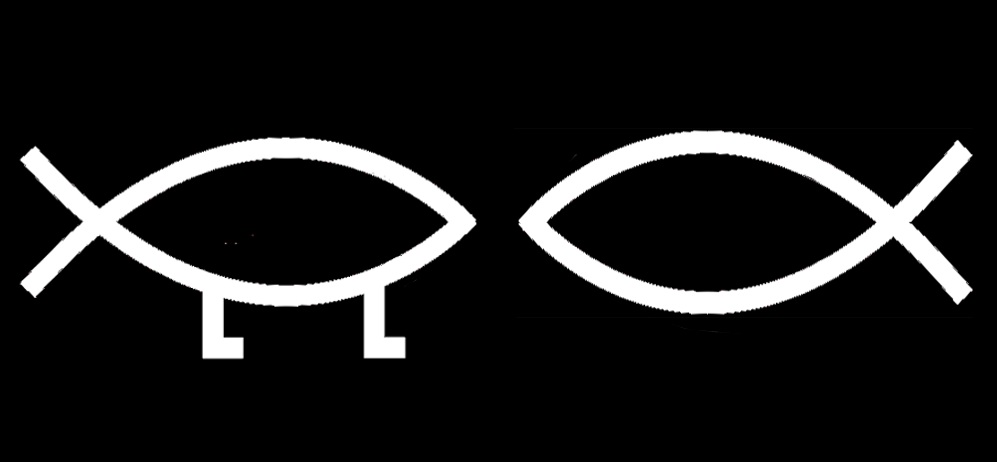Evolution and Genesis
I often say that the real danger in reading the Bible like a science textbook is not that you’ll end up with bad science (which you very well may), but that you’ll end up with bad theology. To paraphrase a Karl Barth line, it’s more important to look at what the snake said than to argue about if he could talk. And if you spend all your time and energy arguing over whether the Hebrew word yom means either an era or 24 hours, you may be missing some of the key emphases of the passages involved. These are some resources to help you read deeper into what the Genesis authors are trying to do.
The Bible Project is a terrific organization that is devout, academically informed, and accessible. Their videos on scripture are my favorite teaching tools and show us how to read more deeply.
NT Wright is one of the leading Biblical scholars in the world, a former Anglican bishop, and is widely respected across the theological spectrum. As an academic, he’s often a bit technical, but his expounding on Genesis in light of modern biology is great.
The UK-based group Christians in Science published a series of short pamphlets about Genesis and Evolution, written by experts who are Christians, that provide some helpful resources:
Some books that may be helpful, especially in teasing out the different emphases in the creation accounts:
I often find it helpful to use unfamiliar translations when I’m looking at well-known passages, to let me see them with fresh eyes. Robert Alter’s translation is widely acclaimed.
Like in many places in the Old Testament, I find that Jewish readings of Genesis dive deeply into key emphases of the passages in Gen 1-3 that many Christians often skate past.









